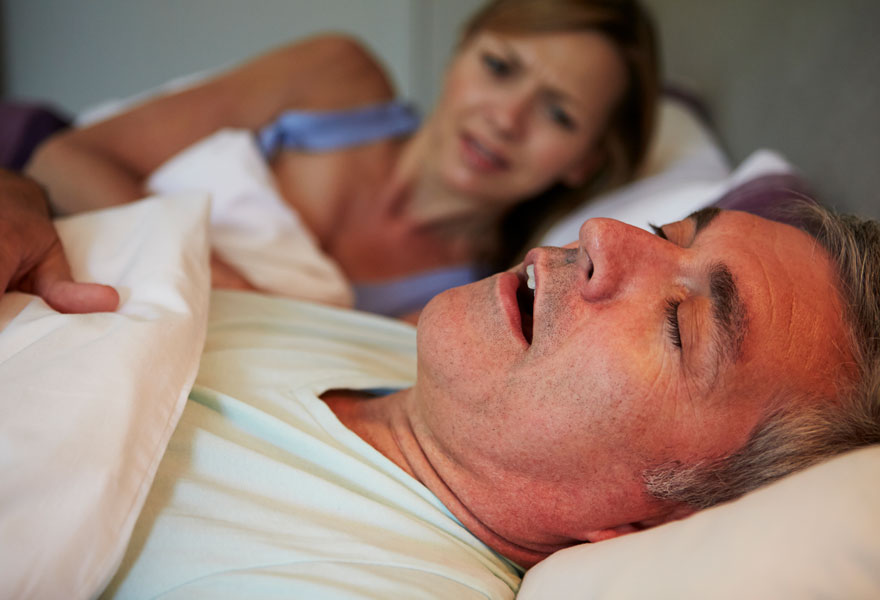Sleep Disorder Risk Assessment
The STOP BANG questionnaire and Epworth Sleepiness Scale can help you gauge your risk for sleep apnea. Note down your answers to each question and discuss your results with your doctor.
STOP BANG
Answer yes or no for each question.
Yes = 1 | No = 0
Snoring: Do you snore? Is it loud?
Tired: Do you feel tired, fatigued, and/or sleepy during the daytime?
Observed: Has anyone observed you stop breathing or choking/gasping during your sleep?
Pressure: Do you have or are you being treated for high blood pressure?
Body Mass Index: Do you have a Body Mass Index (BMI) of more than 36 kg/m2? Note: If you do not know your BMI, use this BMI calculator from the CDC.
Age: Are you older than 50?
Neck Size: Do you have a large neck circumference?
Male: 17 inches
Female: 16 inches
Gender: Are you male?
Score: Total Value From Questions Above
0 - 2: low risk of sleep apnea
3 - 4: intermediate risk of sleep apnea
5 - 8: high risk of sleep apnea
Epworth Sleepiness Scale
How likely are you to doze off or fall asleep in the situations described below, in contrast to feeling just tired? This refers to your usual way of life in recent times. Even if you haven’t done some of these things recently, try to work out how they would have affected you. Use the following scale to choose the most appropriate number for each situation:
0 = Would never doze
1 = Slight chance of dozing
2 = Moderate chance of dozing
3 = High chance of dozing
- Sitting and reading
- Watching TV
- Sitting inactive in a public place (e.g. a theater or a meeting)
- Sitting in a car as a passenger for a continuous hour
- Lying down to rest in the afternoon when circumstances permit
- Sitting and talking to someone
- Sitting quietly after a lunch without alcohol
- Sitting in a car stopped in traffic for a few minutes
SCORE: Add up your score for each scenario.
0–9 Normal range
9–12 Borderline
12–24 Sleepy


